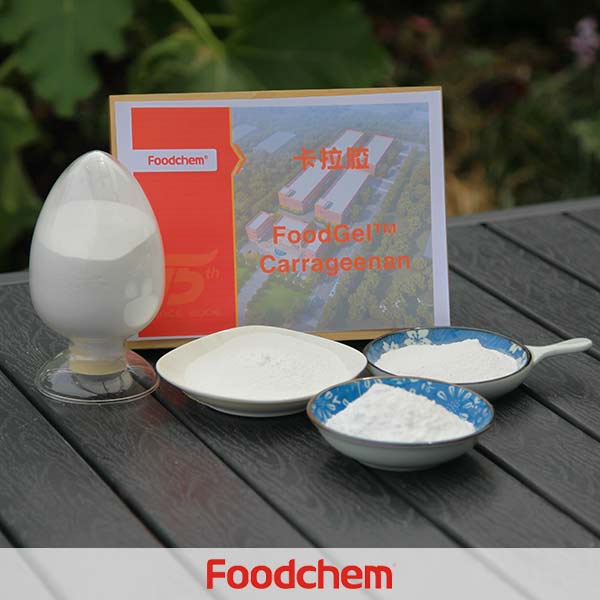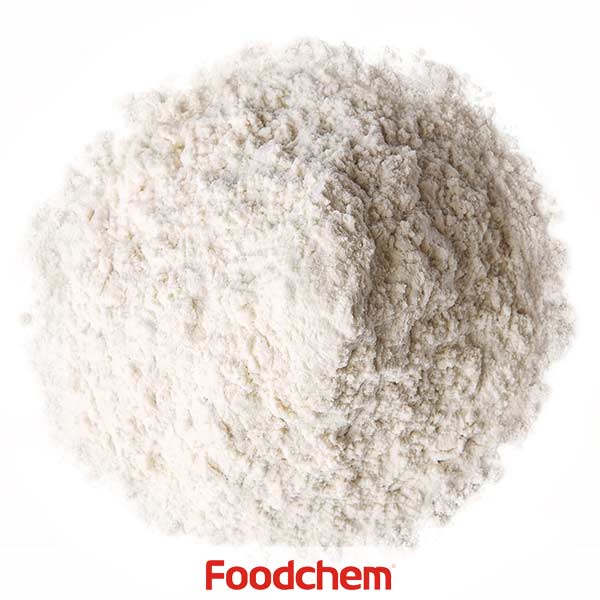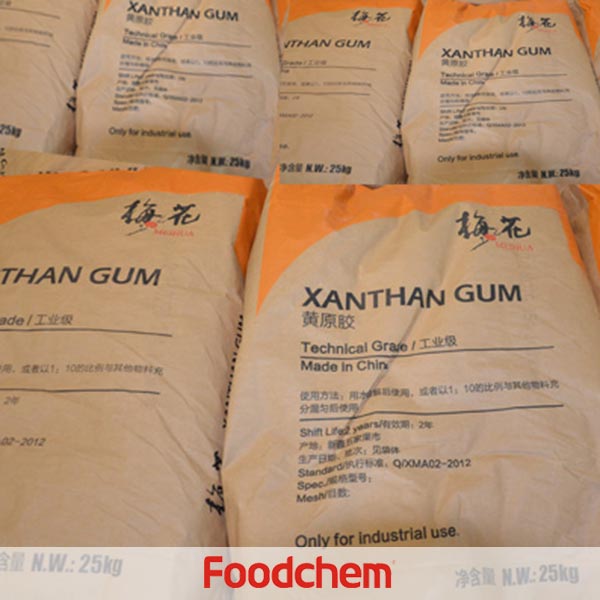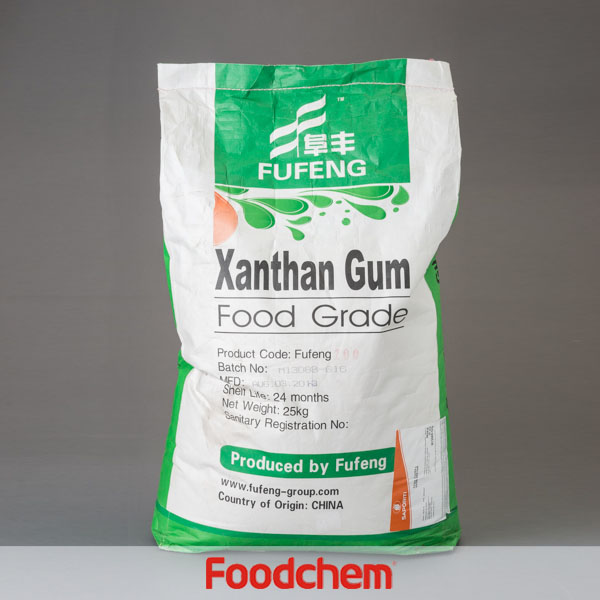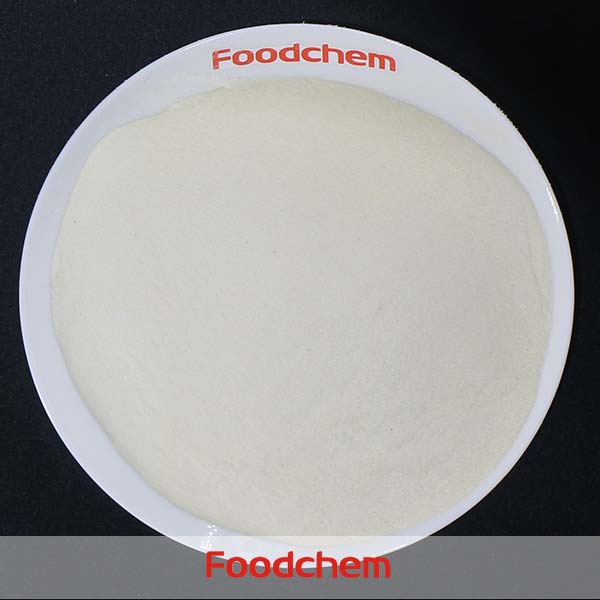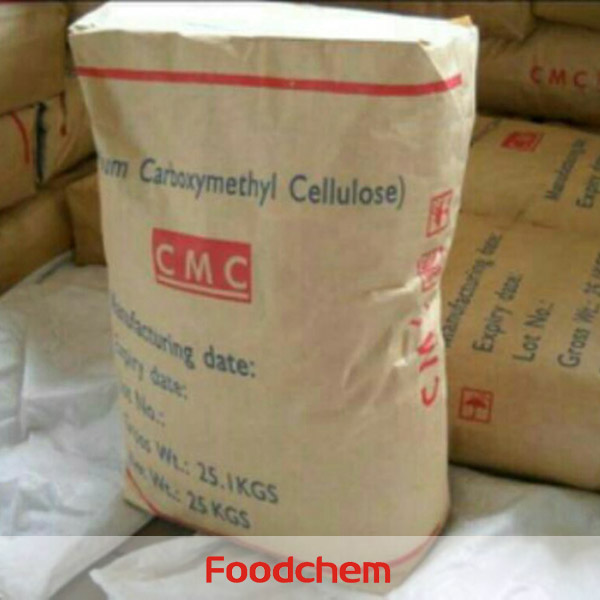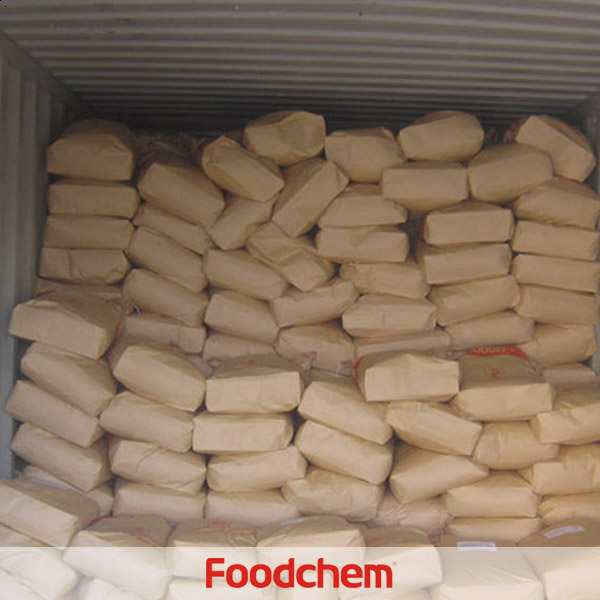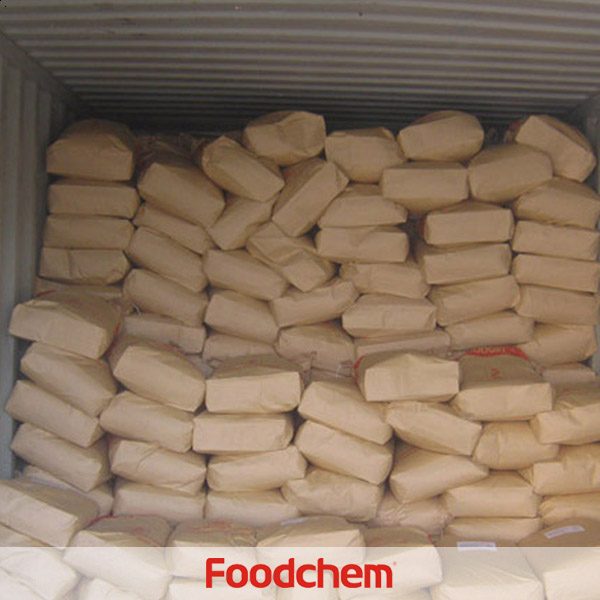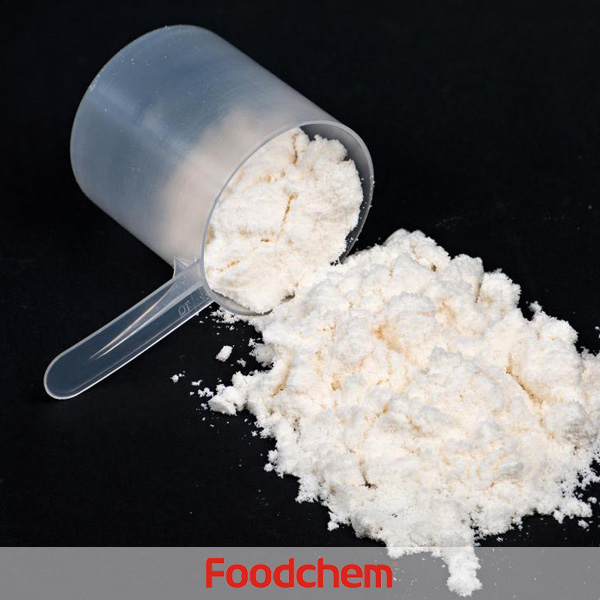Products
- Food Ingredients
Thickeners
Antioxidants
Sweeteners
Preservatives
Acidulants
Proteins
Resistant Dextrin FoodPep™ Collagen Peptides Soy Protein Concentrated Textured Soy Protein Soy Protein Isolate Vital Wheat Gluten Soy Dietary Fiber Pea Fiber Hydrolyzed Animal Protein Soy Lecithin Rice Protein Calcium Caseinate Isolated Pea Protein Collagen Casing Soy Protein Concentrated(Feed Grade)Phosphates
Sodium Tripolyphosphate (STPP) Sodium Acid Pyrophosphate(SAPP) Monosodium Phosphate MKP Monoammonium Phosphate DKP Disodium Phosphate Dicalcium Phosphate (Food Grade) Diammonium Phosphate Monocalcium Phosphate Tricalcium Phosphate(Food Grade) Trisodium Phosphate Phosphoric Acid Sodium Metabisulfite Potassium Pyrophosphate (TKPP)Vitamins
Dehydrated Vegetables
Potato Powder Dehydrated Carrots Flakes Dehydrated Tomato Powder Dehydrated Onion Powder Dehydrated Onion Granules Dehydrated Onion Flake Dehydrated Garlic Powder Dehydrated Shiitake Dehydrated Ginger Powder Dehydrated Leek Flake Dehydrated Mushroom Flakes Dehydrated Parsley Flakes Dehydrated Green Bell Pepper Dehydrated Cilantro Flake Dehydrated Red Bell PepperColorants
Flavourings
Aromas
Amino Acid
Nutritional Supplements
Vitamin C Tablet N-Acetyl-D-Glucosamine Hordenine hydrochloride Octopamine hydrochloride (Octopamine HCL) Methyl-Sulfonyl-Methane(MSM) Acetyl L-carnitine HCl L-Carnitine L-Carnitine L-Tartrate Magnesium Orotate Tri Creatine Malate L-Carnitine Fumarate D-Glucosamine Hydrochloride Chondroitin Sulfate Calcium Gluconate D-GlucuronolactonePlant Extracts
Citrus Aurantium Extract - Synephrine Huperzia Serrate Plant Exrtact - Huperzine A Matcha Powder White Willow Bark Extract — Salicin Milk Thistle Extract - Silymarin Resveratrol 98% Oat Glucan - Beta Glucan Tribulus Terrestris Extract - Saponins Curcumin Garcinia Cambogia Extract Rosemary Extract Resveratrol 50% Sophora Japonica Extract Sophora Japonica Extract - Quercetin Passion Flower Plant ExtractEmulsifiers
Glyceryl Monostearate Distilled Glycerin Monostearate(DGM) Tween SPAN 80 Polyglycerol Esters of Fatty Acids (PGE) Sodium Stearate Potassium Stearate Calcium Stearate Non dairy creamer Sugar Esters Glycerol Triacetate DATEM Sodium stearoyl lactylate(SSL) Mono Propylene Glycol Calcium Stearoyl Lactylate(CSL)Cocoa Series
Others
Spirulina Powder Sodium Bicarbonate Ammonium Bicarbonate Calcium Sulphate Dihydrate Modified Starch Potassium Chloride (Food Grade) Succinic Acid Glacial Acetic Acid Glycerol Caffeine Anhydrous Ethylenediaminetetraacetic acid (EDTA ACID) EDTA Disodium (EDTA-2Na) Functional Animal Protein Functional Animal Protein Functional Animal Protein-Beef (FoodPro®FB20)Compound Sweeteners
Tabletop Sweeteners
Baking Enzymes
- Feed Additives
- Industrial Chemicals
- Active Pharmaceutical Ingredient
Share:


Xanthan Gum of USA & European Warehouse
Specification: 200 Mesh, E415Stock : 50000kg
Package : 25kg/bag

Products in stock
More

Products in stock
More
| ITEMS | STANDARD |
| Appearance | white or cream-color and free-flowing powder |
| Viscosity | 1200 - 1600 mpa.s[ 1% Xanthan Gum in 1% KCl Brookfield, LVTD,spindle 3.60rpm, 25] |
| Assay(on dry basis) | 91.0 - 108.0% |
| Loss on drying(105oC, 2hr) | 6.0 - 12.0% |
| V1 : V2: | 1.02 - 1.45 |
| Pyruvic Acid | ≥ 1.5% |
| PH of 1% solution in water | 6.0 - 8.0 |
| Heavy metals(as Pb) | ≤ 20 mg/kg |
| Lead(Pb) | ≤ 5 mg/kg |
| Arsenic(As) | ≤ 2 mg/kg |
| Nitrogen | ≤ 1.5% |
| Ash | ≤ 13% |
| Particle size | 80 mesh: 100% min, 200 mesh: 92% min |
| Total plate count | ≤ 2000/g |
| Yeasts and moulds | ≤ 100/g |
| Pathogens germs | absence |
| S. aureus | Negative |
| Pseudomonas aeruginosa | Negative |
| Salmonella sp. | Negative |
| C. perfringens | Negative |
Xanthan Gum is a polysaccharide, derived from the bacterial coat of Xanthomonas campestris, used as a food additive and rheology modifier, commonly used as a food thickening agent (in salad dressings, for example) and a stabilizer (in cosmetic products, for example, to prevent ingredients from separating). It is produced by the fermentation of glucose, sucrose, or lactose by the Xanthomonas campestris bacterium. After a fermentation period, the polysaccharide is precipitated from a growth medium with isopropyl alcohol, dried, and ground into a fine powder. Later, it is added to a liquid medium to form the gum.
Biosynthesis
BiosynthesisSynthesis originates from glucose as substrate for synthesis of the sugar nucleotides precursors UDP-glucose, UDP-glucuronate, and GDP-mannose that are required for building the pentasaccharide repeat unit. This links the synthesis of xanthan to the central carbohydrate metabolism. The repeat units are built up at undecaprenylphosphate lipid carriers that are anchored in the cytoplasmic membrane. Specific glycosyltransferases sequentially transfer the sugar moieties of the nucleotide sugar xanthan precursors to the lipid carriers. Acetyl and pyruvyl residues are added as non-carbohydrate decorations. Mature repeat units are polymerized and exported in a way resembling the Wzy-dependent polysaccharide synthesis mechanism of Enterobacteriaceae. Products of the gum gene cluster drive synthesis, polymerization, and export of the repeat unit.
Uses
One of the most remarkable properties of Xanthan Gum is its ability to produce a large increase in the viscosity of a liquid by adding a very small quantity of gum, on the order of one percent. In most foods, it is used at 0.5%, and can be used in lower concentrations. The viscosity of xanthan gum solutions decreases with higher shear rates; this is called shear thinning or pseudoplasticity. This means that a product subjected to shear, whether from mixing, shaking or even chewing, will thin out, but once the shear forces are removed, the food will thicken back up. A practical use would be in salad dressing: the xanthan gum makes it thick enough at rest in the bottle to keep the mixture fairly homogeneous, but the shear forces generated by shaking and pouring thins it, so it can be easily poured. When it exits the bottle, the shear forces are removed and it thickens back up, so it clings to the salad. Unlike other gums, it is very stable under a wide range of temperatures and pH.
In foods, xanthan gum is most often found in salad dressings and sauces. It helps to prevent oil separation by stabilizing the emulsion, although it is not an emulsifier. Xanthan gum also helps suspend solid particles, such as spices. Also used in frozen foods and beverages, xanthan gum helps create the pleasant texture in many ice creams, along with Guar Gum and locust bean gum. Toothpaste often contains xanthan gum, where it serves as a binder to keep the product uniform. Xanthan gum (when sometimes not made from wheat—see Allergies for gluten-free allergy information) is also used in gluten-free baking. Since the gluten found in wheat must be omitted, xanthan gum is used to give the dough or batter a "stickiness" that would otherwise be achieved with the gluten. Xanthan gum also helps thicken commercial egg substitutes made from egg whites, to replace the fat and emulsifiers found in yolks. It is also a preferred method of thickening liquids for those with swallowing disorders, since it does not change the color or flavor of foods or beverages at typical use levels.
In the oil industry, xanthan gum is used in large quantities, usually to thicken drilling mud. These fluids serve to carry the solids cut by the drilling bit back to the surface. Xanthan gum provides great "low end" rheology. When the circulation stops, the solids still remain suspended in the drilling fluid. The widespread use of horizontal drilling and the demand for good control of drilled solids has led to its expanded use. It has also been added to concrete poured underwater, to increase its viscosity and prevent washout.
In cosmetics, xanthan gum is used to prepare water gels, usually in conjunction with bentonite clays. It is also used in oil-in-water emulsions to help stabilize the oil droplets against coalescence. It has some skin hydrating properties. Xanthan gum is a common ingredient in fake blood recipes, and in gunge/slime.
As a professional Xanthan Gum supplier, Foodchem International Corporation has been supplying and exporting Xanthan Gum from China for almost 10 years.
1, What kinds of certificates can you offer?
Foodchem is an ISO2008 9001 certified company, as for Xanthan Gum, we can offer HAPPC, KOSHER, HALAL Certificates, ect.2, Is Foodchem a manufacturer or just a trading company?
Foodchem is both manufacturer and trading company, we are Xanthan Gum Supplier, at the same time, we are manufacturer of other products.3, What is the Min Order Quantity of Xanthan Gum?
Different products have different MOQ, for Xanthan Gum, the MOQ is 1000kg.4, What is the price of Xanthan Gum?
Foodchem is a famous Xanthan Gum supplier and manufacturer in China, and has been corporate with many Xanthan Gum suppliers for several years, we can provide you with cost-effective Xanthan Gum.5, How long shall we wait for your reply?
We can guarantee to reply your inquiries of Xanthan Gum in less than 24 hours in working days.6, What kinds of transportation types can you provide?
Our main transportation methods include air transportation, land transportation and water transportation.7, What kinds of payment terms can you accept?
The most commonly used payment terms are T/T, L/C, D/P, D/A, etc.8, How long will I receive my good?
Foodchem has its own EDC warehouse in Shanghai, when your purchase order has been confirmed, inventory products will deliver within 1 week, other products delivery in 2 weeks.
Related Products
You may also be interested in stevia liquid sodium benzoate food preservative cheap peppermint oil wheat dextrose






